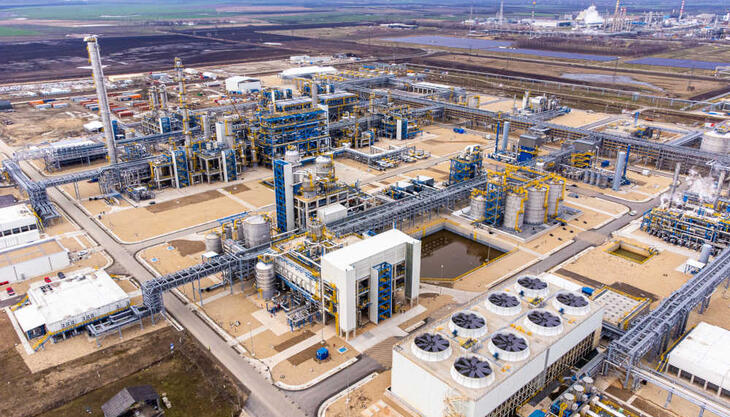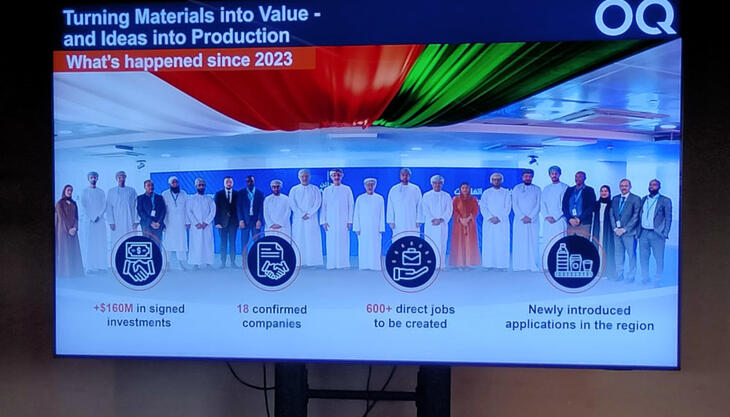Basf: Ebit before special items declines despite better development in all downstream segments

Basf generated sales of 59.3 billion euros in the 2019 business year; the slight decline in sales compared with the previous year resulted from lower volumes and prices. Income from operations (Ebit) before special items was 4.5 billion euros, down by 1.7 billion euros from the prior-year level as a result of lower contributions from the Materials and Chemicals segments. By contrast, in the downstream segments, Basf saw a considerable year-on-year improvement.
In 2019, Basf Group’s Ebit declined from 6 billion euros to 4.1 billion euros. Ebitda before special items decreased by 11% compared with 2018 to 8.2 billioneuros. Ebitda amounted to 8 billion euros, compared with 9 billion euros in 2018. Net income rose to 8.4 billion euros from 4.7 billion euros in the previous year. This contained a book gain of around 5.7 billion euros resulting from the deconsolidation of Wintershall following the merger with DEA.
“In the first two months of this year, we are already experiencing a high level of uncertainty in the global economy. The coronavirus has added a new factor that is considerably hampering growth at the beginning of the year, especially in China. Lower demand and production outages in many industries are already visible consequences of the measures taken to prevent the further spread of the virus,” said Martin Brudermüller Basf’s Chairman of the Board of Executive Directors.
Basf anticipates that the negative effects of the coronavirus will have a significant impact worldwide, particularly in the first and second quarters of 2020. These assumptions currently do not consider a worldwide spread of the virus that would lead to significant adverse effects on the global economy beyond the first half of this year. Brudermüller: “However, we do not expect the corona effects to be fully offset during the course of the year.”
Basf therefore expects the global economy to grow by 2%, considerably slower than in 2019 (2.6%). The company forecasts global chemical production to grow by 1.2%, well below the level of 2019 (1.8%). This would be by far the lowest growth since the financial crisis of 2008/2009.
Brudermüller: “We strive to increase our sales to between 60 billion euros and 63 billion euros - even though the environment remains challenging and characterized by a high level of uncertainty.” The Basf Group’s Ebit before special items is expected to reach between 4.2 billion euros and 4.8 billion euros (2019: 4.5 billion euros). The return on capital employed (ROCE) is expected to be between 6.7 and 7.7% (2019: 7.7%), and thus below the cost of capital percentage of 9%.
“We expect slight growth in most of our customer industries. For the automotive industry, however, we anticipate a continued decline in production,” Brudermüller said. Basf’s 2020 outlook assumes that there will be no further easing of the trade conflicts between the United States and its trading partners and that Brexit will not have any larger economic repercussions during the transition phase.
Brudermüller also gave an outlook on future investments. Over the next five years, Basf is planning capital expenditures of 23.6 billion euros. More than one-third of this will be allocated between 2020 and 2024 to the growth focus areas, which are the two large-scale projects in Asia - the Verbund site in Guangdong and the chemical complex in Mundra, India - as well as the battery materials business.
















